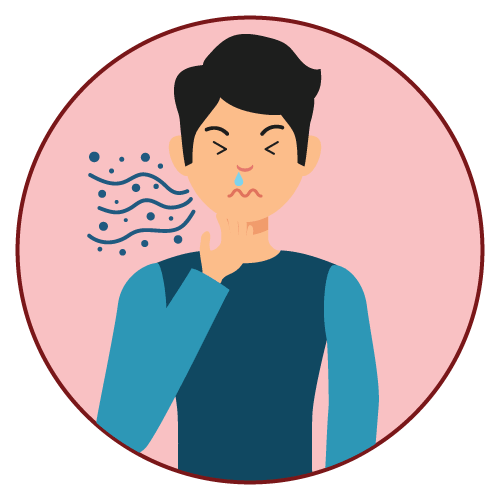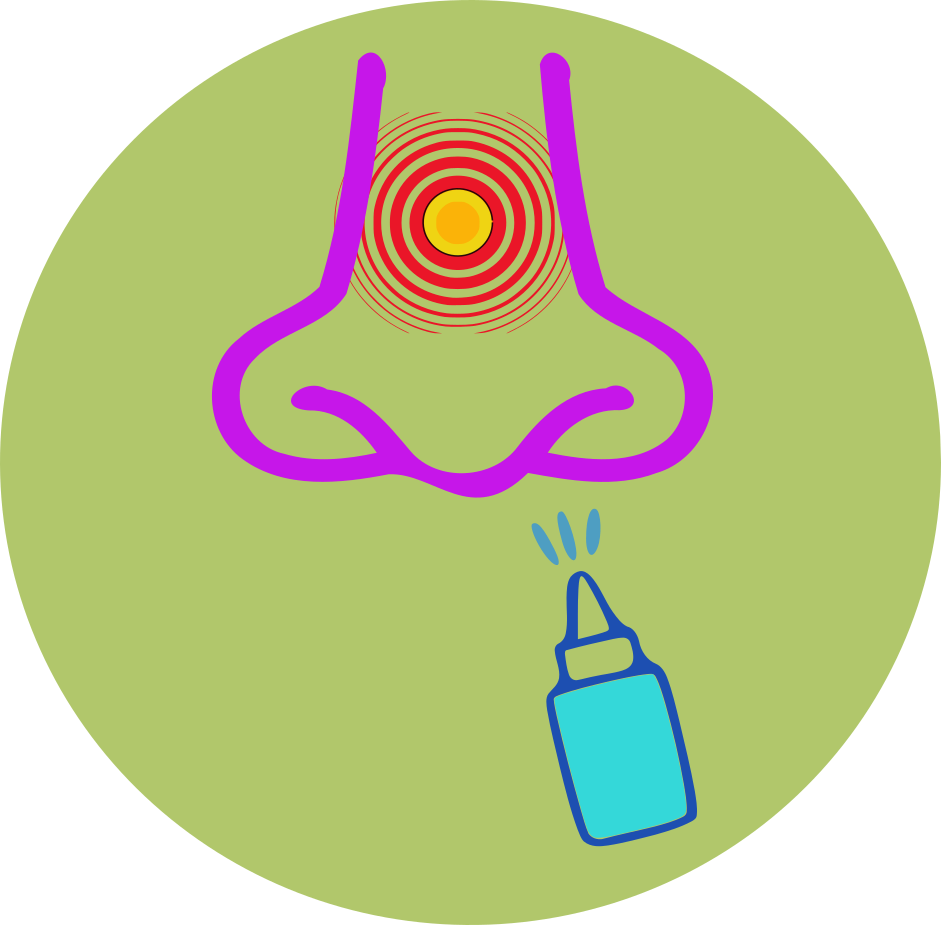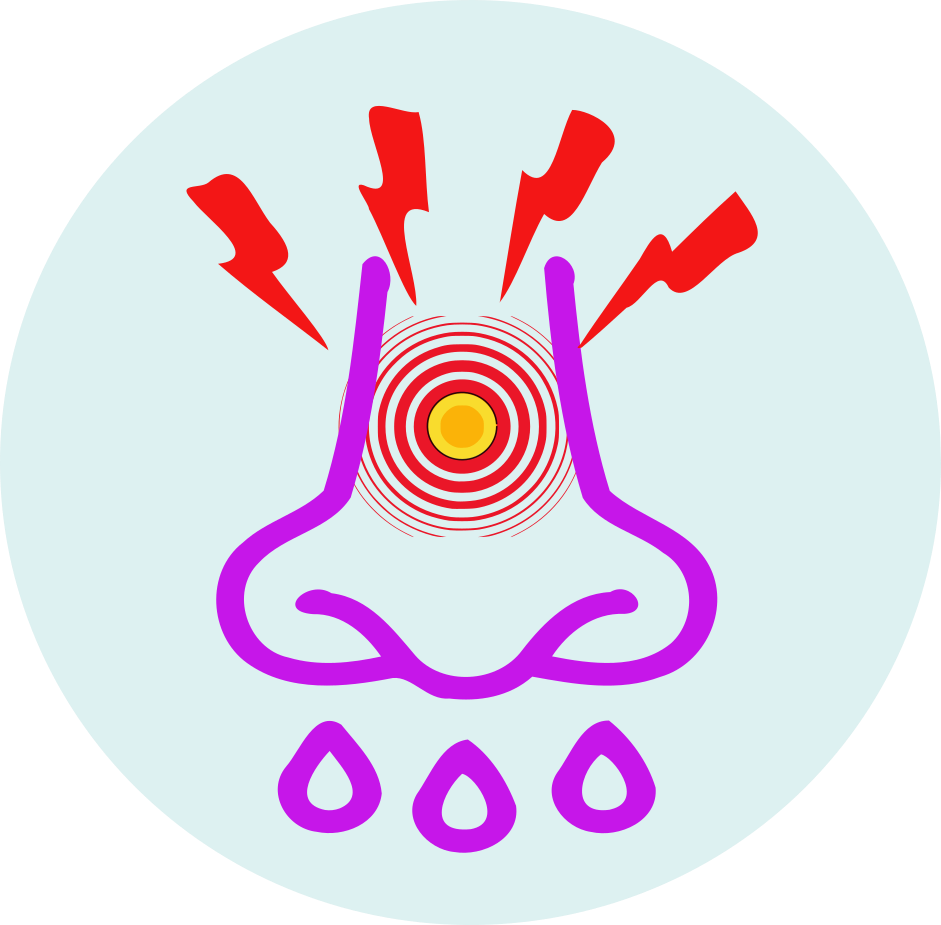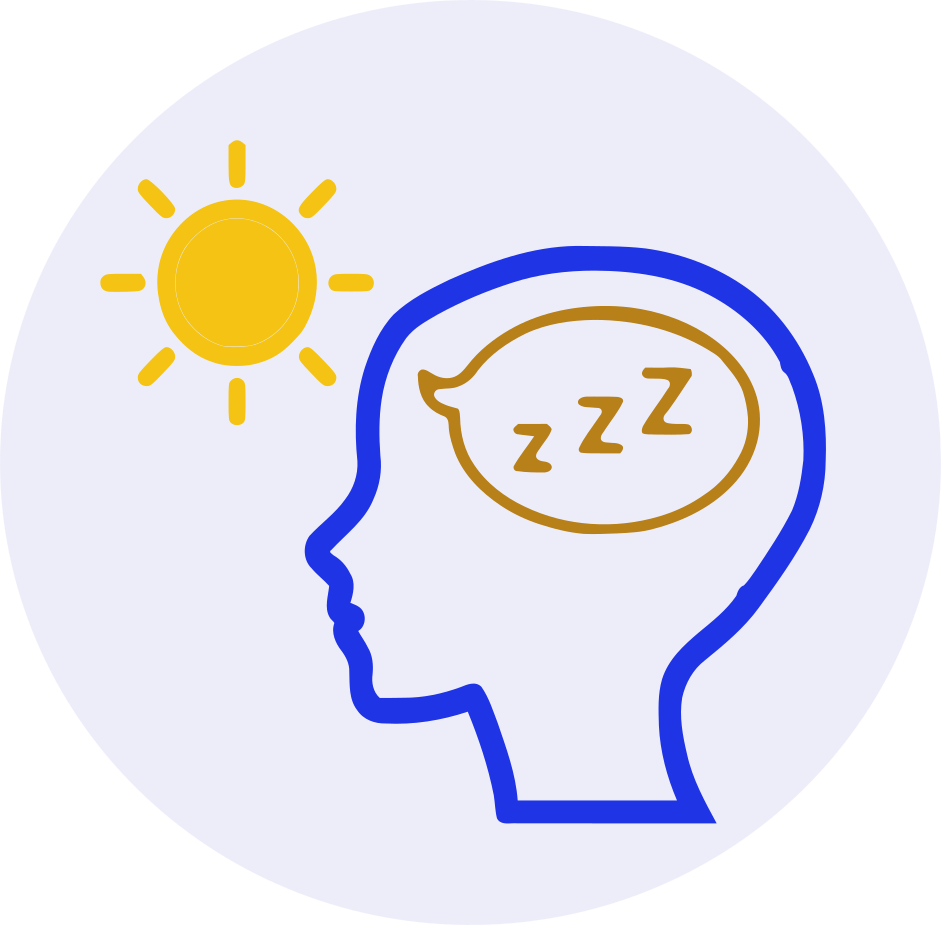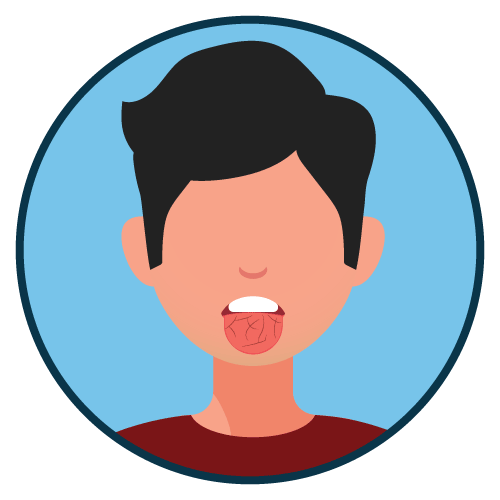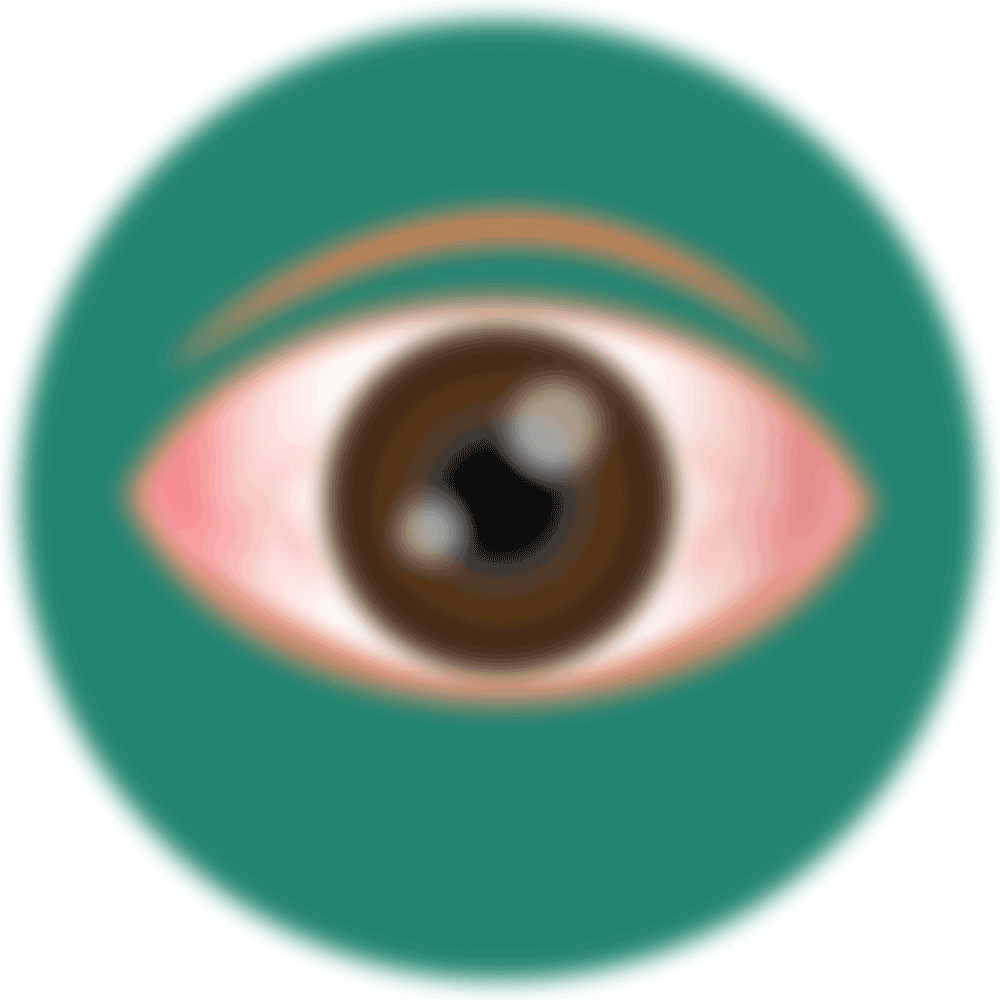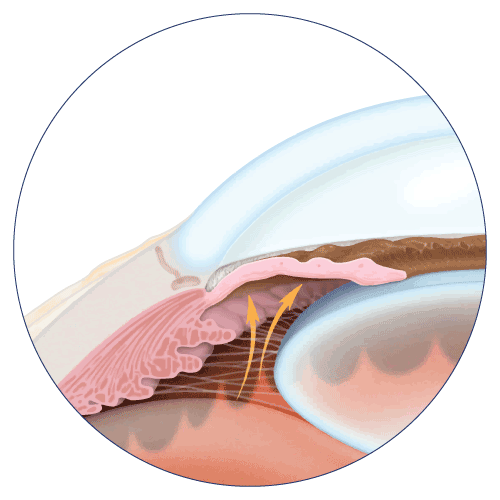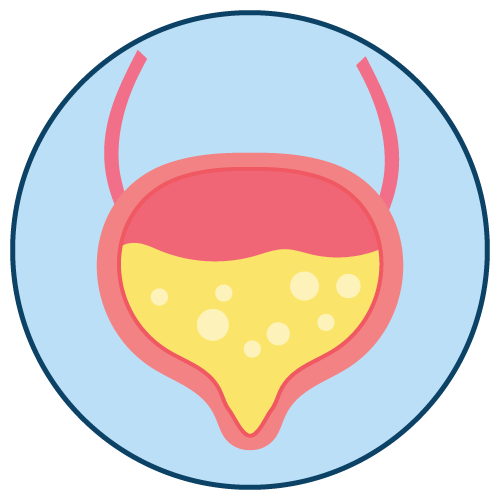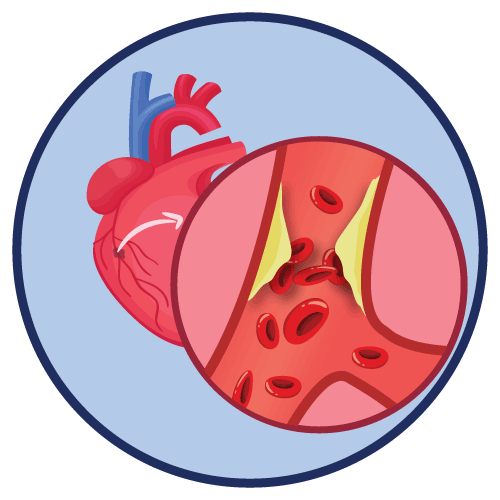| Name | Triprolidine Hydrochloride |
| Classes |
Respiratory Agent Antihistamine |
| Diseases |
Allergic Reaction Hay Fever Itching Runny Nose Sneezing Watery Eye |
Triprolidine Hydrochloride
Triprolidine Hydrochloride belongs to the class of drugs known as antihistamines. It works by blocking the effects of histamine, a natural substance produced by the body, which causes symptoms of allergies such as itching, runny nose, and sneezing.
Triprolidine Hydrochloride is indicated for the relief of symptoms associated with seasonal and perennial allergic rhinitis (hay fever) and other upper respiratory allergies, including nasal congestion, sneezing, runny nose, and itching of the nose or throat.
The recommended dose for adults and children over 12 years old is one tablet (2.5 mg) every 4-6 hours, not to exceed 6 tablets (15 mg) in 24 hours. For children 6-12 years old, the recommended dose is half a tablet (1.25 mg) every 4-6 hours, not to exceed 3 tablets (7.5 mg) in 24 hours. This medication should be taken with a full glass of water and may be taken with or without food.
The following side effects have been reported with the use of Triprolidine Hydrochloride-
- Drowsiness
- Dry mouth, nose, or throat
- Blurred vision
- Nausea and vomiting
- Headache
- Dizziness
- Triprolidine Hydrochloride may cause drowsiness, dizziness, and blurred vision. Patients should avoid driving or operating machinery until they know how the medication affects them.
- This medication may cause dry mouth, nose, or throat. Patients should sip water frequently, chew gum, or suck on ice chips to relieve symptoms.
- Triprolidine Hydrochloride may interact with other medications, including sedatives, tranquilizers, and monoamine oxidase inhibitors (MAOIs). Patients should inform their healthcare provider of all medications they are taking before starting this medication.
- This medication may cause difficulty urinating in patients with prostate problems. Patients with prostate problems should consult their healthcare provider before taking this medication.
- Triprolidine Hydrochloride should be used with caution in patients with liver or kidney problems, as the medication may accumulate in the body and cause adverse reactions.
- This medication should not be used in children under 6 years old without the advice of a healthcare provider.
Contraindication
Triprolidine Hydrochloride is contraindicated in patients who have had an allergic reaction to the medication or any of its components.
None known.
Triprolidine Hydrochloride should not be used in patients with-
- narrow-angle glaucoma
- urinary retention
- severe hypertension
- severe coronary artery disease
 Bangla
Bangla English
English